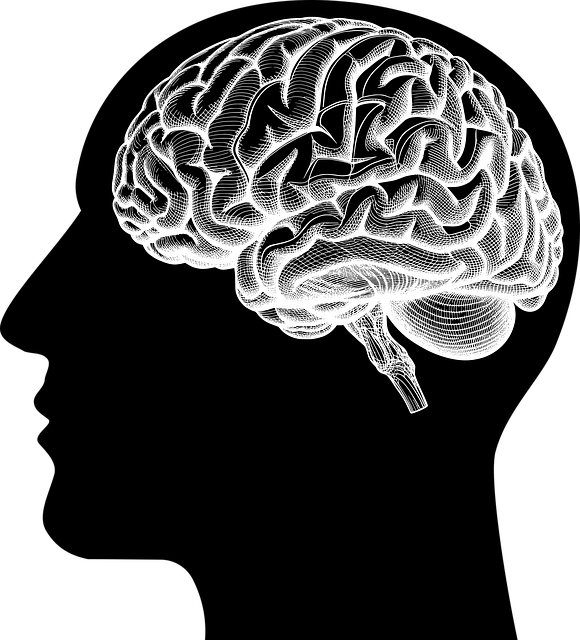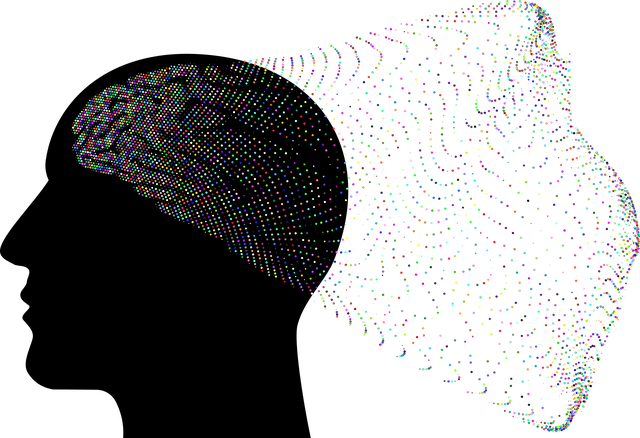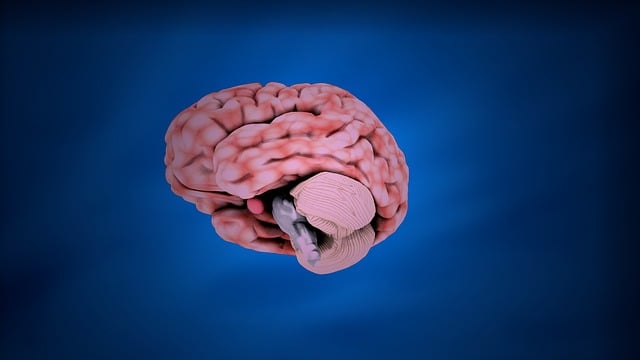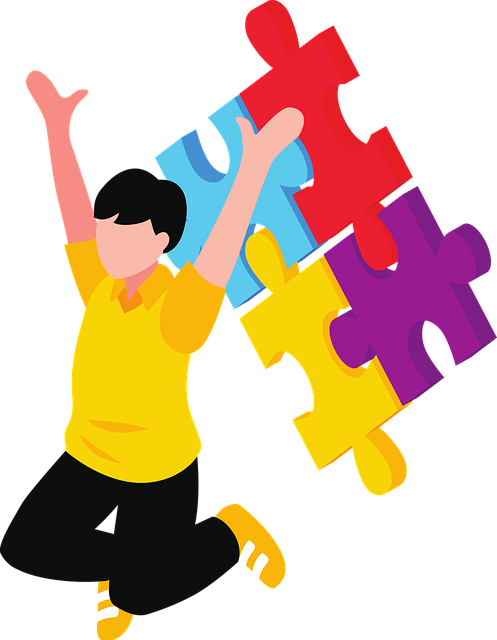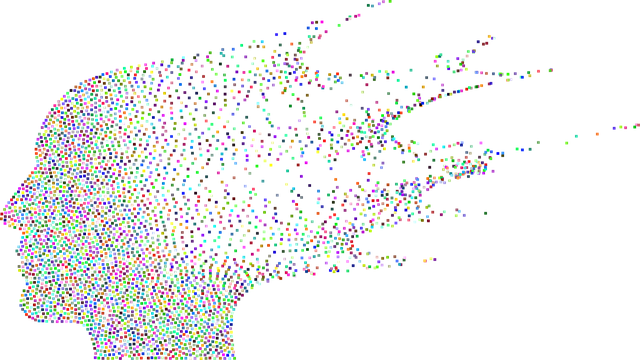Northglenn Codependency Therapy focuses on empowering individuals through skilled facilitators who guide them in recognizing codependent patterns and fostering healthier connections. The therapy aids in burnout prevention by improving emotional regulation, helping participants set boundaries, express emotions, and maintain a solid sense of self. Through group discussions, activities, and mindfulness practices, members learn effective communication strategies and cultivate inner peace, leading to profound personal growth and enhanced mental wellness. This supportive environment promotes open dialogue, cultural sensitivity, and interactive healing processes, making Northglenn Codependency Therapy an effective approach for managing codependency and improving overall well-being.
Mental wellness group facilitation is an art, especially when addressing complex issues like codependency. This article explores powerful techniques for Northglenn Codependency Therapy, focusing on group dynamic strategies that foster healing. We delve into understanding the impact of codependency on mental health and the crucial role facilitators play in creating safe spaces. Through effective communication and interactive activities, leaders can enhance therapeutic outcomes. Discover how these techniques transform groups into supportive communities, revolutionizing mental wellness support in Northglenn.
- Understanding Codependency and its Impact on Mental Wellness
- The Role of a Facilitator in Group Therapy Sessions
- Creating a Safe and Supportive Group Environment
- Effective Communication Strategies for Group Leaders
- Incorporating Interactive Activities for Enhanced Healing
Understanding Codependency and its Impact on Mental Wellness

Codependency is a complex interpersonal dynamic where individuals become overly reliant on others for emotional validation and support, often at their own expense. It’s a common issue in various relationships, including those within mental wellness groups. In Northglenn Codependency Therapy, facilitators play a crucial role in helping members recognize these patterns and foster healthier connections. By understanding the impact of codependency, group leaders can guide participants towards improved emotional regulation, which is vital for burnout prevention.
This dynamic often manifests as individuals prioritizing the needs of others while neglecting their own mental health. It can lead to difficulties in setting boundaries, expressing emotions, and maintaining a sense of self. Facilitators should encourage members to assess these relationships and understand the underlying triggers. Through group discussions and activities, participants can learn effective communication strategies and develop healthier ways of meeting their emotional needs, thereby enhancing overall mental wellness.
The Role of a Facilitator in Group Therapy Sessions

In Northglenn Codependency Therapy sessions, the role of a facilitator goes beyond mere moderation. They are the orchestrators of a safe and supportive space where individuals can explore their mental wellness collectively. Through skilled facilitation, therapists guide participants in navigating complex emotional territories, fostering an environment conducive to healing. The facilitator’s expertise lies in facilitating open dialogue, encouraging active participation, and promoting self-reflection among group members.
Compassion cultivation practices are often integral to the facilitator’s toolkit, as they help build a sense of community and understanding. Mental health education programs designed with an eye towards group dynamics enhance individuals’ ability to recognize and manage their emotions effectively. By incorporating self-awareness exercises, facilitators enable participants to gain deeper insights into their behaviors and triggers, paving the way for meaningful personal growth within the therapeutic group setting.
Creating a Safe and Supportive Group Environment

Creating a safe and supportive group environment is paramount for effective mental wellness facilitation. At Northglenn Codependency Therapy, we understand that each individual brings their unique experiences, beliefs, and struggles to the table. Therefore, fostering an inclusive atmosphere where everyone feels seen, heard, and valued is essential. Techniques like active listening, non-judgmental feedback, and promoting open dialogue encourage participants to share their stories without fear of criticism or ridicule.
Cultural sensitivity in mental healthcare practice plays a significant role in building this safe space. Recognizing and respecting the diverse backgrounds, traditions, and perspectives within the group ensures that everyone feels welcomed and understood. Incorporating practices like mindfulness meditation and self-care strategies can further enhance this environment, enabling participants to cultivate inner peace, focus on personal growth, and develop coping mechanisms for managing stress and anxiety.
Effective Communication Strategies for Group Leaders

Effective communication is a cornerstone of successful group facilitation, especially when addressing sensitive topics like codependency and mental wellness in Northglenn Codependency Therapy settings. Group leaders play a pivotal role in guiding discussions, ensuring every member feels heard and respected. Utilizing open-ended questions encourages participants to share their experiences and insights, fostering an inclusive environment. Active listening, where the leader reflects on and paraphrases speakers’ messages, demonstrates empathy and strengthens peer connections.
By employing these communication strategies, facilitators can help individuals develop Mind Over Matter principles, enabling them to manage stress and overcome challenges. This approach is particularly relevant for healthcare providers who often face Burnout Prevention Strategies. Effective communication not only enhances the therapeutic experience but also empowers group members to apply learned skills in their daily lives, promoting overall mental wellness.
Incorporating Interactive Activities for Enhanced Healing

Incorporating interactive activities into mental wellness group sessions can significantly enhance healing and recovery processes, especially for those seeking Northglenn Codependency Therapy. Beyond traditional talk therapy, engaging in dynamic exercises allows participants to actively participate, fostering a sense of community and shared experiences. These activities serve as powerful tools to facilitate emotional expression, break down barriers, and promote understanding among group members. By encouraging active involvement, facilitators can create a safe and supportive environment where individuals feel more comfortable exploring sensitive topics.
Interactive approaches, such as role-playing scenarios or creative arts therapy, offer unique Stress Reduction Methods and Conflict Resolution Techniques. Through these activities, participants can practice new skills in a controlled setting, build resilience, and develop effective coping strategies. For instance, a group exercise focusing on non-violent communication helps individuals navigate conflicts constructively, a valuable skill for personal growth and improved relationships. Resilience Building is further strengthened when participants see the value of their contributions during these interactive sessions, leading to increased self-confidence and a sense of accomplishment.
Group facilitation techniques, such as those explored in relation to Northglenn Codependency Therapy, play a pivotal role in fostering mental wellness. By creating safe spaces that encourage open communication and interactive activities, facilitators can significantly enhance the therapeutic process. Understanding codependency’s impact and employing effective strategies like active listening and structured exercises empowers individuals to navigate their emotional journeys with support and hope. These techniques are transformative, offering a unique and powerful approach to healing in group therapy settings.
